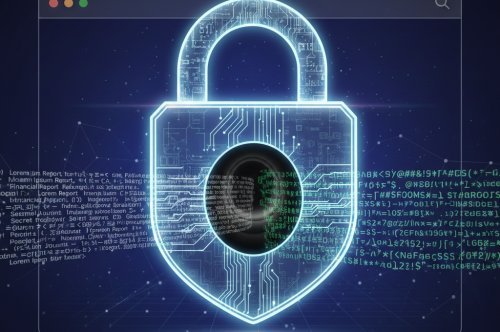Exploring the Dark Web: Understanding its Uses, Risks, and Impact

The Dark Web has gained a reputation for being a hub for criminal activities such as drug trafficking, weapon sales, and cybercrime. However, the reality is that not all activity on the Dark Web is illegal, and there are legitimate reasons why people may choose to use this hidden part of the internet. In this article, we will explore the Dark Web and discuss its uses, risks, and impact on society.
What is the Dark Web?
The Dark Web is a part of the internet that is not indexed by regular search engines and can only be accessed using special software or configurations. The most popular way to access the Dark Web is through the Tor network, which is a free, open-source software that enables anonymous communication. The Tor network encrypts internet traffic and bounces it through a series of servers, making it difficult for anyone to trace the origin of the communication.
Uses of the Dark Web
One of the most common uses of the Dark Web is for anonymous communication. Journalists, activists, and whistleblowers may use the Dark Web to communicate sensitive information without fear of retribution. Similarly, individuals living in countries with strict internet censorship may use the Dark Web to access blocked websites and communicate with others freely.
The Dark Web also hosts a number of online marketplaces where individuals can buy and sell goods and services anonymously. While some of these marketplaces are used for illegal activities such as drug trafficking and weapons sales, others are used for legitimate purposes such as buying and selling art or rare books.
Risks of the Dark Web
While the Dark Web can offer anonymity and freedom of communication, it also comes with a number of risks. One of the biggest risks is exposure to illegal content. The Dark Web is home to a number of websites that offer illegal goods and services, such as drugs, weapons, and stolen credit card information. In addition, many of these websites are operated by criminals who may use malware or phishing scams to steal personal information from unsuspecting users.
Another risk of the Dark Web is the potential for law enforcement to monitor activity. While the Tor network offers anonymity, it is not foolproof, and law enforcement agencies have developed techniques to track down individuals who engage in illegal activities on the Dark Web.
Impact on Society
The Dark Web has had a significant impact on society, both positive and negative. On one hand, it has enabled individuals to communicate anonymously and access information that may be censored or blocked in their countries. On the other hand, it has also facilitated criminal activity and enabled individuals to engage in illegal activities with relative impunity.
In addition, the Dark Web has presented a challenge for law enforcement and policymakers, who must balance the need for public safety with the desire to protect privacy and free speech. Some argue that the anonymity offered by the Dark Web is a necessary tool for individuals to exercise their rights to free speech and privacy, while others argue that the risks of criminal activity and public safety concerns outweigh these benefits.
Conclusion
The Dark Web is a complex and multifaceted part of the internet. While it offers anonymity and freedom of communication, it also presents risks and challenges for individuals and society as a whole. By understanding the uses, risks, and impact of the Dark Web, we can better navigate this hidden part of the internet and make informed decisions about how to use it responsibly.





